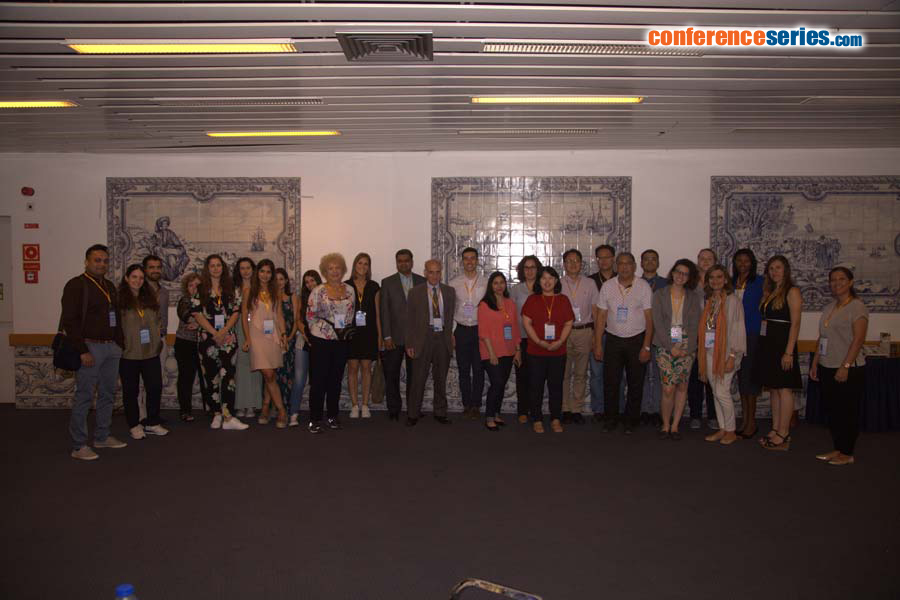
Zofia Felicja Bielecka
Warsaw Medical University, Poland
Title: Protein expression profiling of sorafenib-resistant human renal cancer stem-like cells in three-dimensional in vitro model
Biography
Biography: Zofia Felicja Bielecka
Abstract
Primary-like resistance phenomenon to sorafenib (TKI) was previously observed in hypoxic conditions in two 3D models as well as in one 2D model in HKCSCs (human kidney cancer stem-like cells) cell line (Celprogen, cat no. 36117-44). Herein, we investigated the molecular background behind this phenomenon in 12 hypoxic total protein samples (each in triplicate) of renal cancer cells: primary HKCSCs resistant to sorafenib in hypoxia and other cell lines sensitive to sorafenib treatment in the same conditions: parental HKCSCs cell line, primary and metastatic renal cell carcinoma (RCC) cells from Memorial Sloan Kettering Cancer Centre (SK-RC-44 and SK-RC-45), metastatic RCC cell line (pleural effusion) ACHN cell line and HEK-293 cell line as a control. Additional control condition was untreated adequate cell lines in hypoxia. The acquired MS/MS data were pre-processed with Mascot Distiller software (v. 2.5, Matrix Science), and a database search was performed using the Mascot Search Engine (Matrix Science, Mascot Server 2.4.1) against the Swiss-Prot database restricted to human proteins. The results revealed potential candidates as elements of molecular mechanisms of primary resistance to sorafenib in renal cell carcinoma; those results will be further confirmed using Western blot analysis, possible confirming that apart from impact of hypoxia, the addition of targeted therapies alter signaling pathways in renal cancer cells, which means that mechanisms other than those involving hypoxia-inducible factors (HIFs) may be responsible for TKI-resistance.


